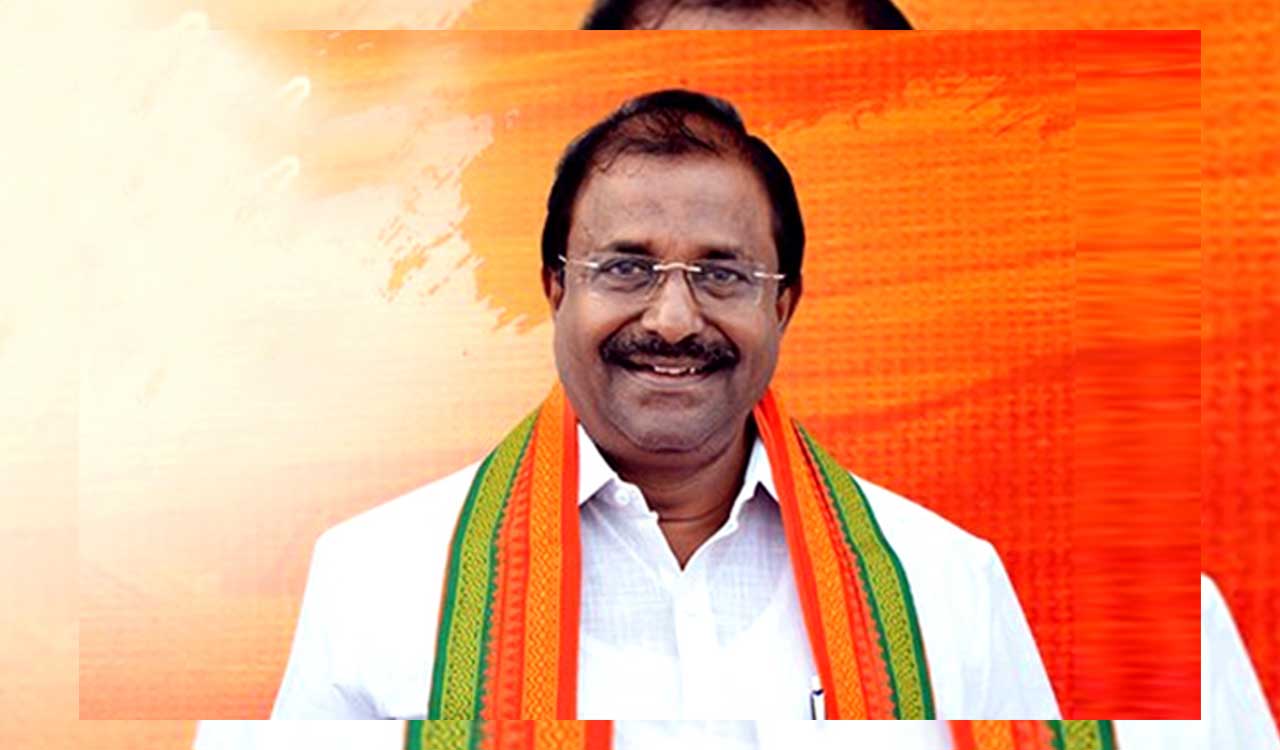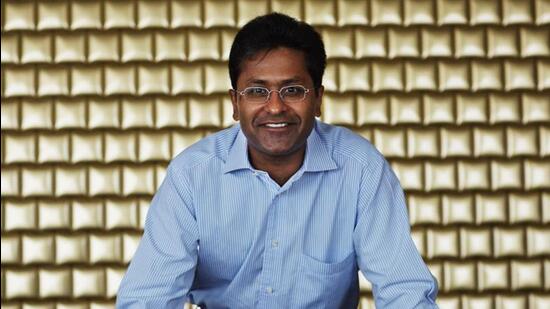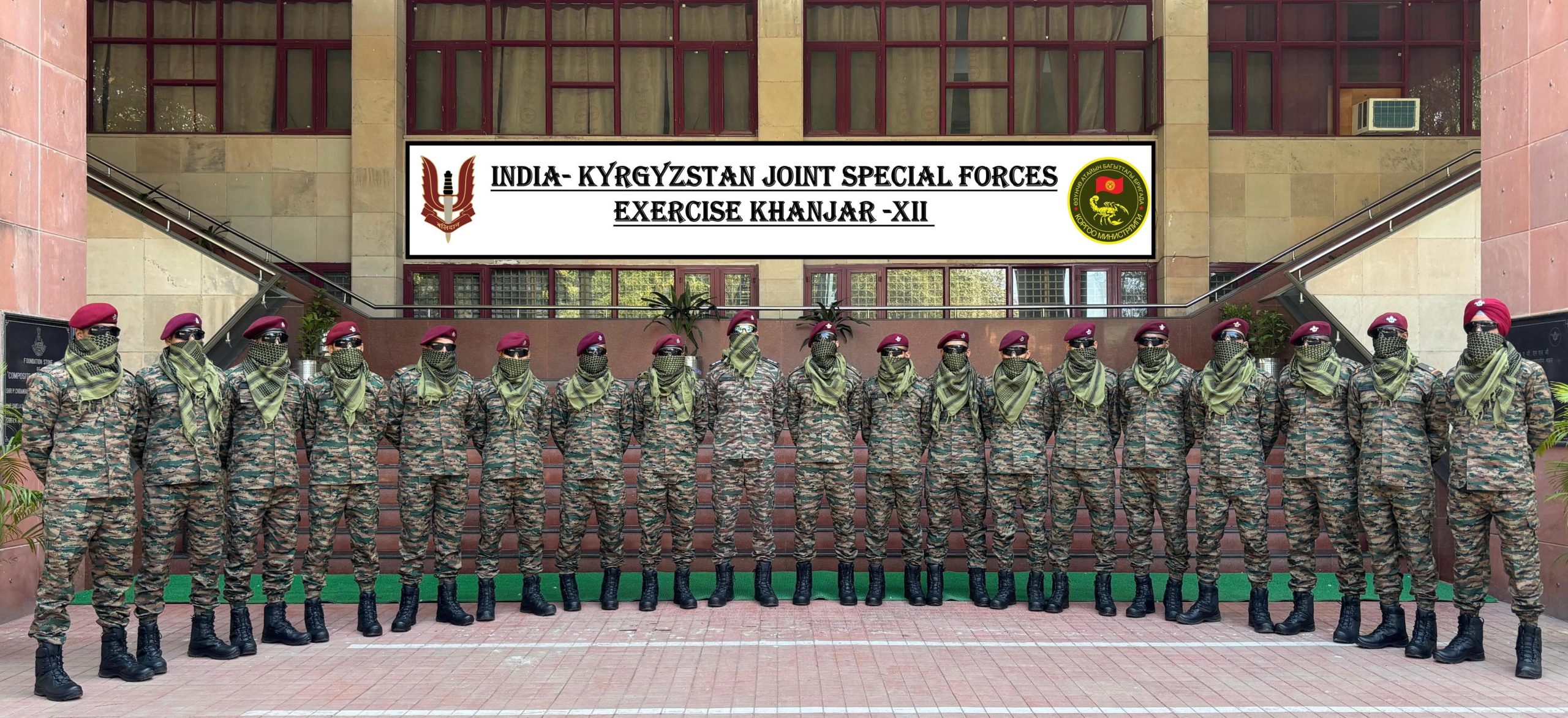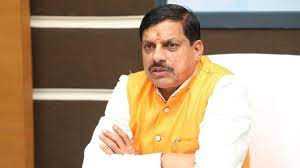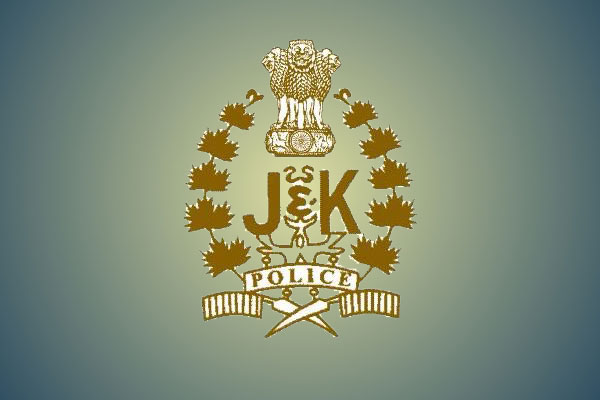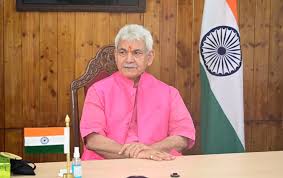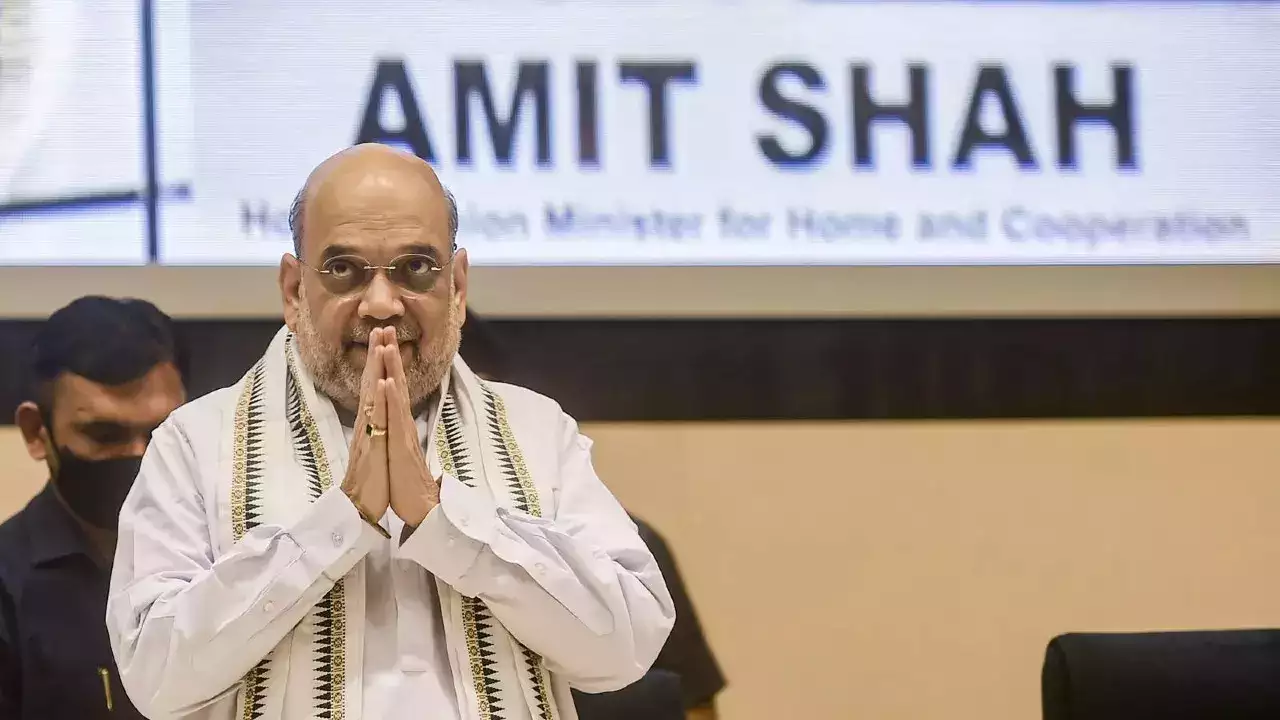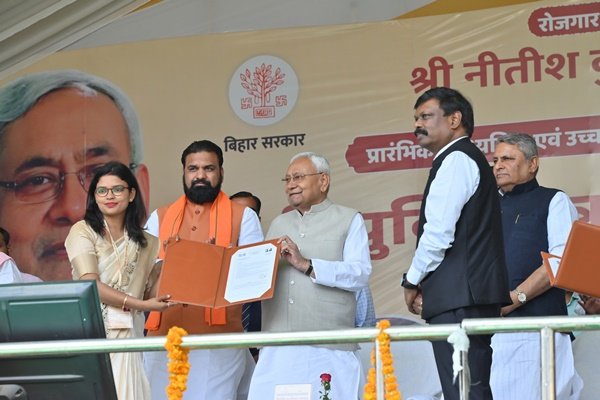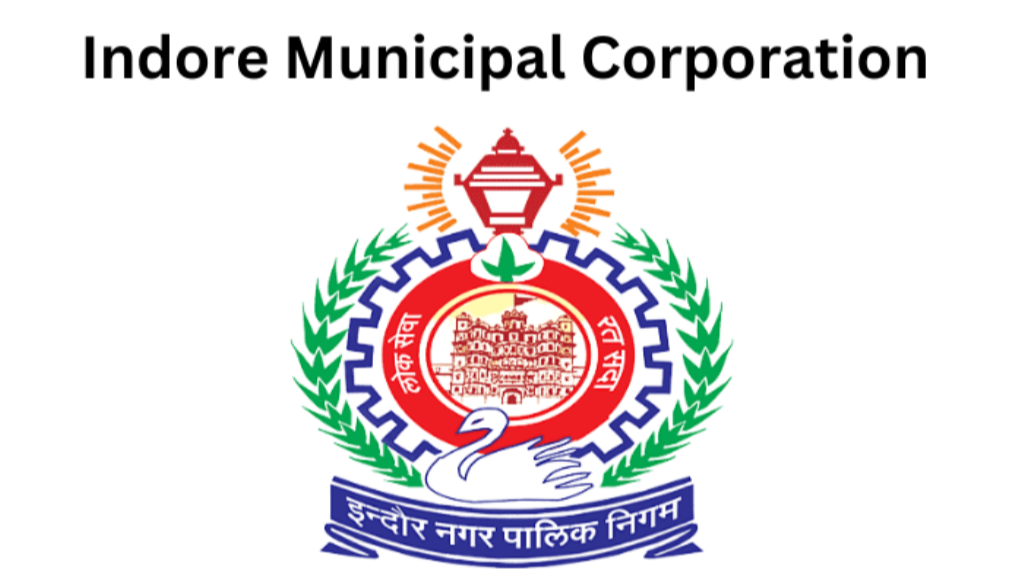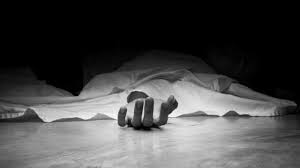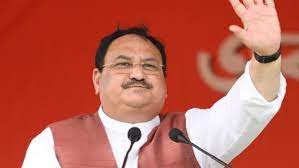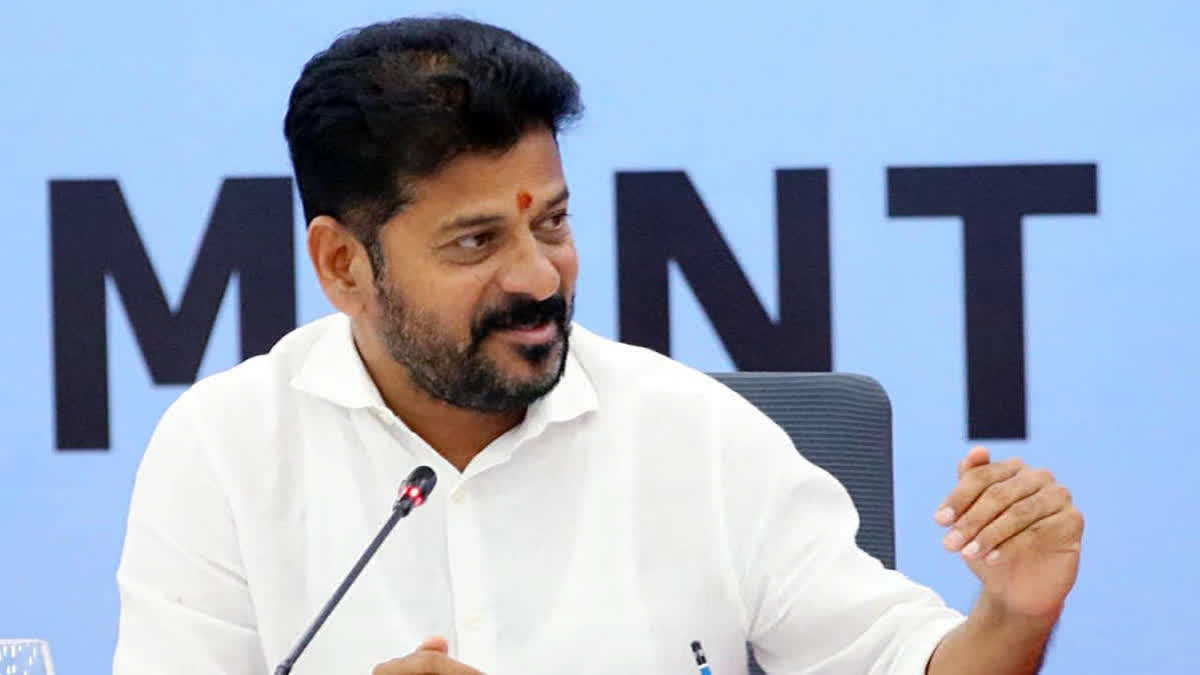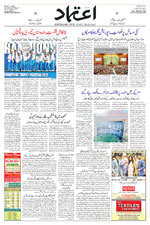UK govt offers millions of public sector workers pay raises in push to end strikes
Fri 14 Jul 2023, 10:16:08
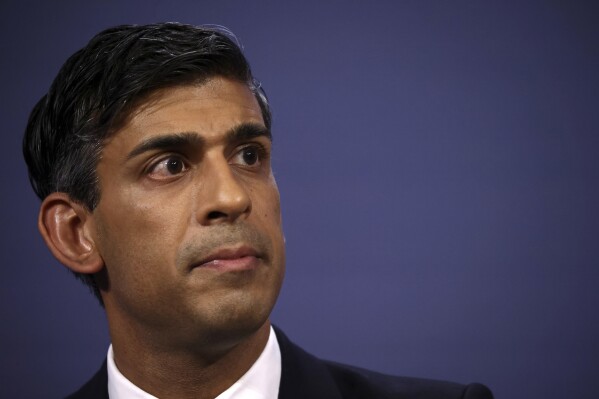
London: The British government has agreed to offer millions of public sector workers pay raises in a bid to end an array of strikes, including a five-day walkout from doctors in the early part of their career in Britain’s publicly funded health service.
Prime Minister Rishi Sunak confirmed Thursday that the government was accepting the recommendations from pay review bodies, that will see police get a 7% rise, 6.5% for teachers and 6% for the junior doctors, who commenced their strike early Thursday.
He said the offer is “final” and that there will be “no more talks on pay.” In what is being described as the longest-ever strike in the National Health Service, many of the tens of thousands of doctors in England are making the case for a 35% pay bump.
So-called junior doctors, those who are at the early stages of their careers in the National Health Service in the years after medical school, started their latest strike at 7 am, with many of them making their case for a 35% pay rise in picket lines outside hospitals across England.
The British Medical Association, the doctors’ union, has asked for a 35% pay rise to bring junior doctors’ pay back to 2008 levels once inflation is taken into account. Meanwhile, the workload of England’s 75,000 or so junior doctors has swelled as patient waiting lists for treatment are at record highs in the wake of the coronavirus pandemic.
“Today marks the start of the longest single walkout by doctors in the NHS’s history, but this is still not a record that needs to go into the history books,” said BMA leaders Dr Robert Laurenson and Dr Vivek Trivedi.
They urged the British government, which oversees health policy in
England, to drop its “nonsensical precondition” of not negotiating while strikes are in progress.
England, to drop its “nonsensical precondition” of not negotiating while strikes are in progress.
Britain, like other countries, is grappling with high inflation for the first time in years. Price rises were first stoked by supply chain issues resulting from the pandemic and then by Russia’s invasion of Ukraine, which sent energy and food prices soaring. Though inflation has come down slightly from its peak to 8.7%, it remains far above the 2% level the Bank of England is tasked to target.
The doctors’ strike will cause huge disruption for the already embattled NHS, with operations and consultations postponed or even cancelled.
Dr Simon Steddon, chief medical officer at Guy’s and St Thomas’s hospital trust in south London, urged both sides to get back to the negotiating table amid concerns over the impact on patients.
He said that 55,000 appointments and nearly 6,000 planned procedures have already been cancelled or rescheduled at the hospitals he oversees as a result of previous strikes.
“Thousands more will need to be cancelled over the next couple of weeks adding to the significant delay, inconvenience and the inherent risk of further delay to diagnosis and treatment,” he added.
The doctors taking the strike action say they know the impact of their walkout on the health service, but insist that they have been left with no alternative.
“This isn’t a celebration, this is years of declining pay, declining conditions, frustration, and this is what has culminated as a result,” Alex Gibbs, a striking 31-year-old doctor said outside University College Hospital in north London.
No Comments For This Post, Be first to write a Comment.
Most viewed from International
Most viewed from World
AIMIM News
Delhi Assembly polls: Owaisi leads Padyatra in Okhla
Feb 01, 2025
We reject this Waqf Amendment Bill: Asaduddin Owaisi
Jan 30, 2025
Latest Urdu News
Most Viewed
May 26, 2020
Which team will win the ICC Men's Champions Trophy 2025 held in Pakistan/Dubai?
Latest Videos View All
Like Us
Home
About Us
Advertise With Us
All Polls
Epaper Archives
Privacy Policy
Contact Us
Download Etemaad App
© 2025 Etemaad Daily News, All Rights Reserved.

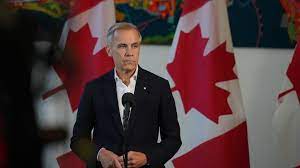
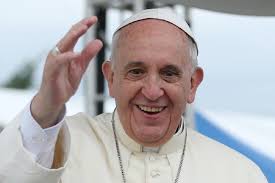
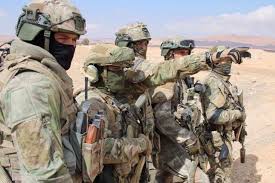
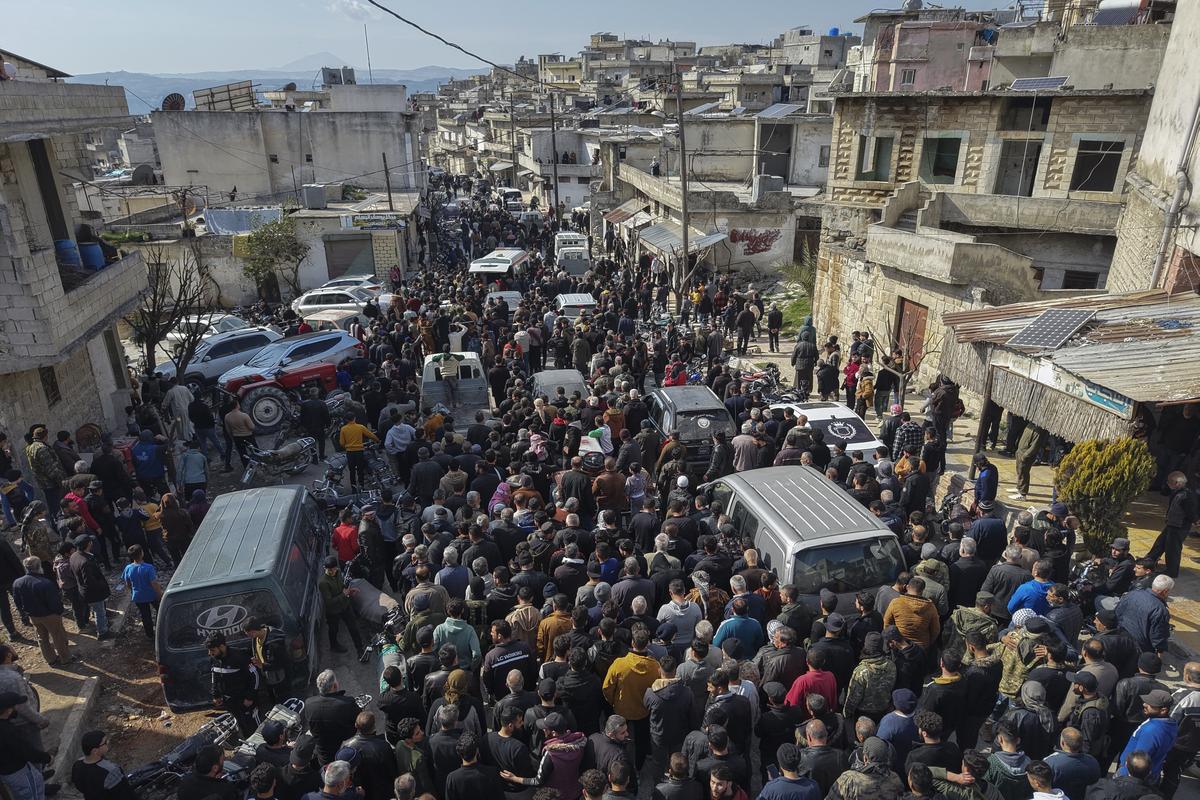

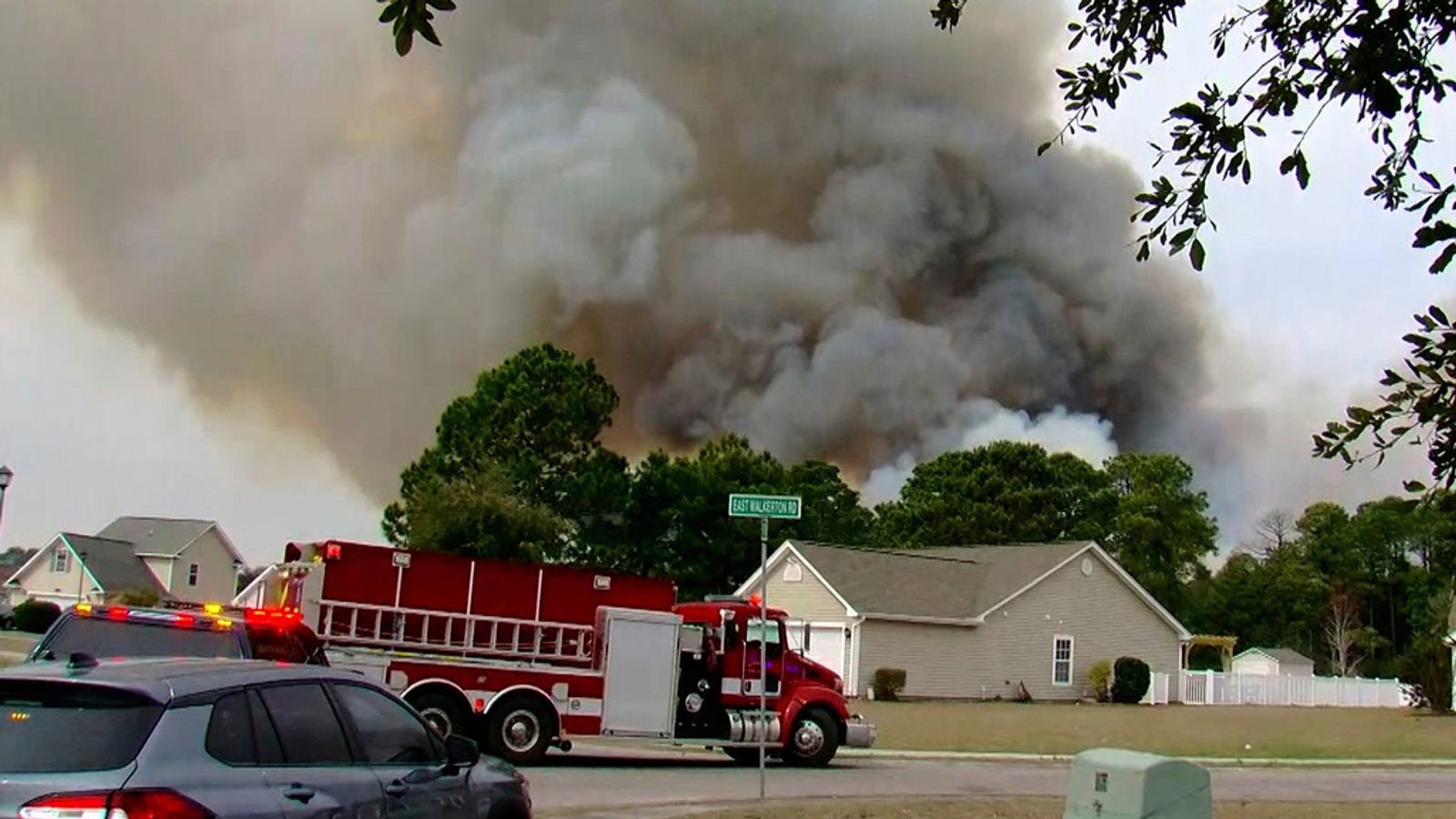
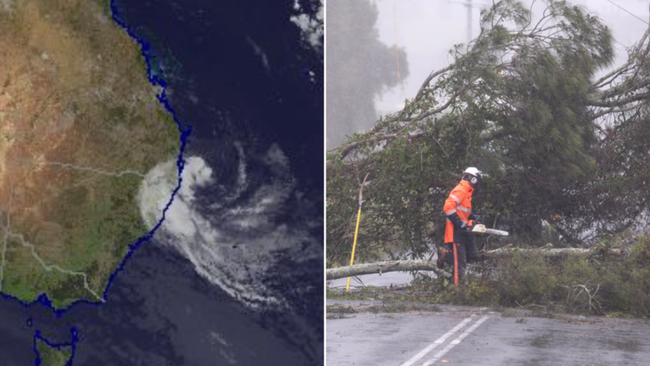
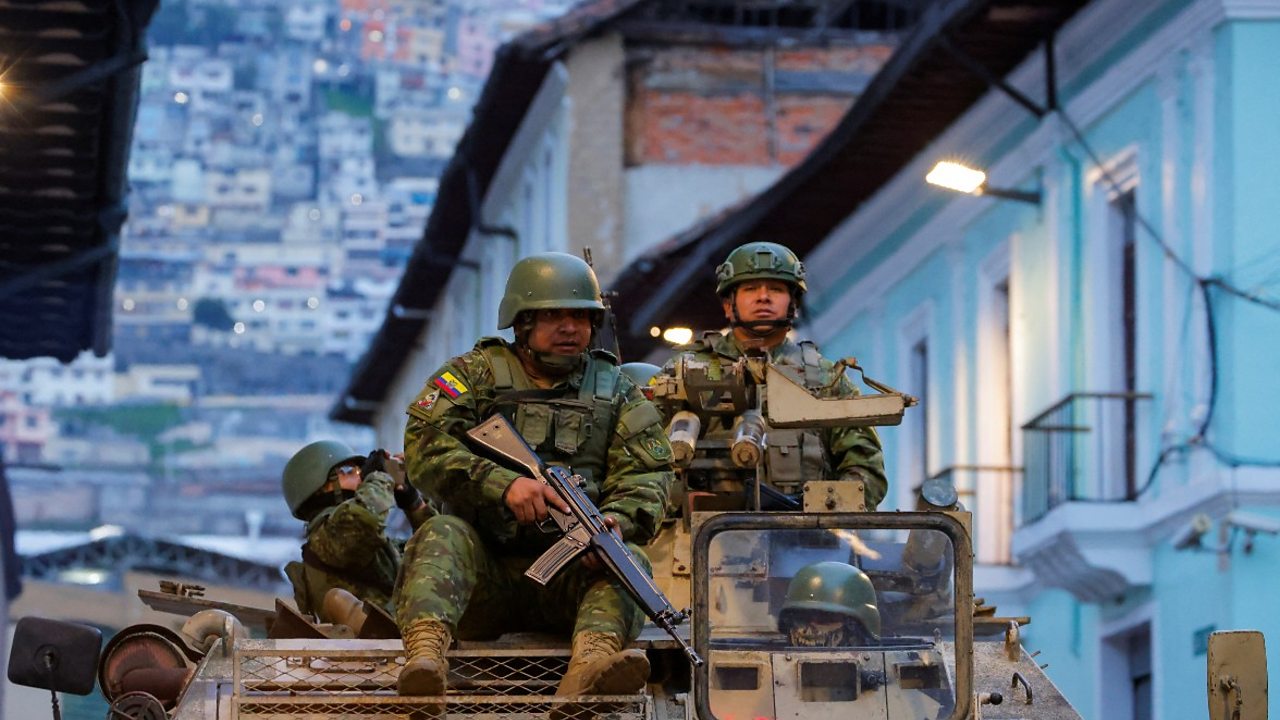
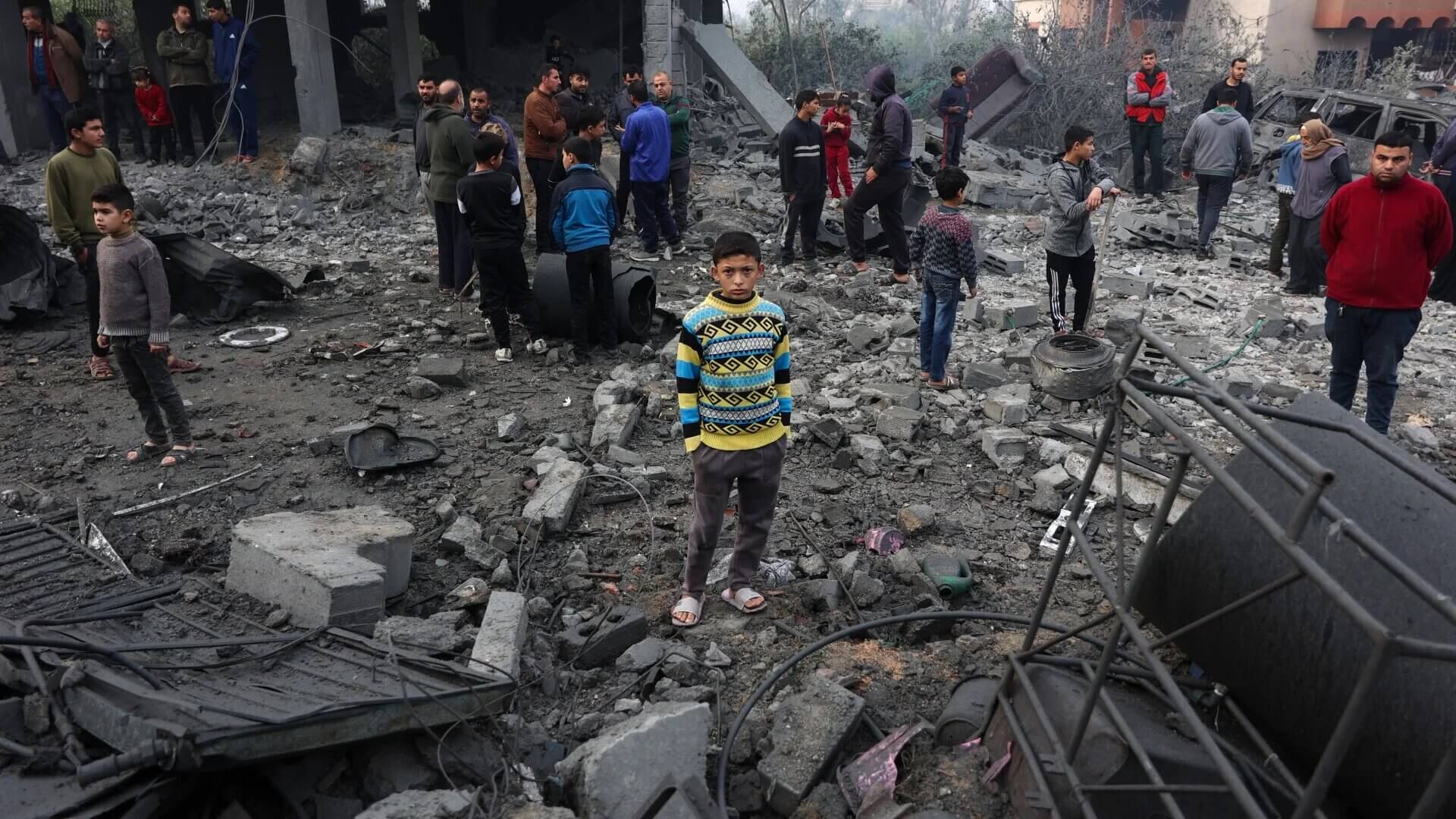
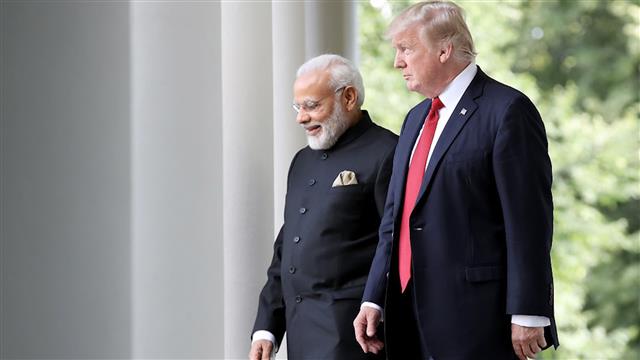
.jpg)
.jpg)
